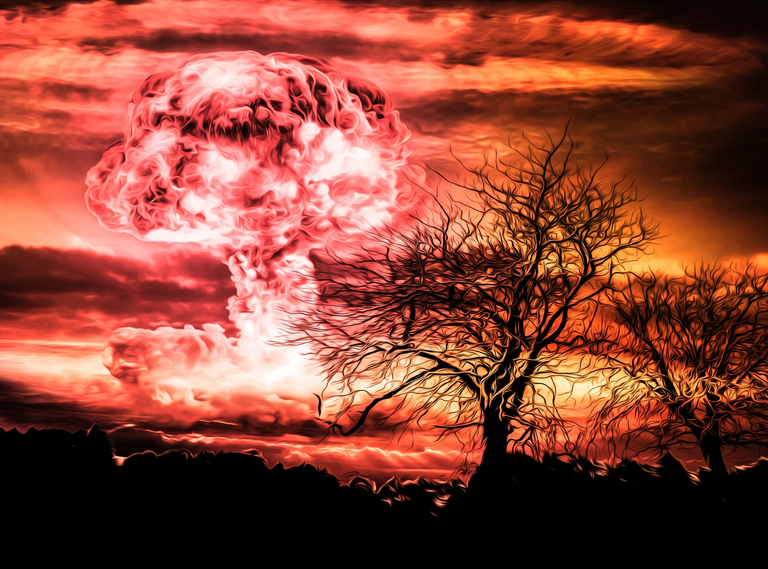That the climate of our planet has become unpredictably erratic is no longer a debate. If the process behind it is not understood, its effect can be felt by virtually everyone - directly or otherwise.
All these brouhahas about the unpredictability of climate is caused by something that looks so minute on the surface but is significant in impact - a rise in the average global temperature. Otherwise known as global warming.
Ordinarily, the earth should be icily cold. But for the activities of greenhouse gases. These gases are able to form a blanket in the earth's atmosphere and prevent reflected solar radiation from escaping back to space.
The amount of reflected solar radiation trapped by greenhouse gases is directly proportional to their concentrations in the atmosphere. In the past, everything is in equilibrium. The atmosphere has just enough greenhouse gas concentration to give us the required warmth.
Do you get the drift now?
Through our activities, we have been silently emitting more and more greenhouse gases into the atmosphere. What you see is surely what you get. Our planet, thus, keep getting warmer by the day.
So what is the fuss about getting warmer?
Temperature is central and directly or indirectly controls other climatic factors - wind, precipitation, just name it. Just a 1 degree Celsius rise in the global average temperature may have huge and unpredictable multiplier effects on other climatic factors.
Do you see all the flooding, diminishing glaciers, rise in sea levels, and other global disasters that the world has been experiencing? Yea, those are some of the direct consequences of climate change. The indirect consequences? You really don't wanna know. Let me just hint that the increase in the global hunger index is one of them.
Way forward?
It seems we have crossed the rubicon. Unless, perhaps, a miracle happens. Scientists have bellowed, plead, predicted, and sacrificed but all to no avail. Many are just not ready to modify their lifestyle to save the planet. Profit seekers are also hell-bent on continuing their profiteering.

Unfortunately, most of the recommended solutions to reverse global warming (and climate change) seem to have outlived their usefulness. It's not like we adopted these solutions wholeheartedly anyway - when we still had the chance.
What about a small nuclear fallout?
When the war between Russia and Ukraine broke out, everyone was cautious of a potential nuclear war. Words like nuclear winter were thrown around. The truth is that the fear is justified.
Let's even put the direct effects of a nuclear bomb aside. The fallout dust from a nuclear explosion is particularly concerning. Depending on the mass of the nuclear warhead, the entire planet could be thrown into total darkness for months or even years.
A small nuclear fallout, however, may do the planet some benefits by limiting the amount of solar radiation that gets to the earth. This means the global average temperature could be lowered. Once this happens, climate change could be reversed.
In other words, if two nuclear superpowers decide to face off, this planet and its inhabitant is doomed. A face-off between two nuclear lilliputians is what is potentially beneficial.
This is exactly what some NASA scientists have been modeling. According to them, about 0.03% of the world's nuclear armory could reverse the warming the world is currently experiencing. Specifically, it could lower the current average by as much as 7.2 degrees Fahrenheit in some parts of the world.
There is a caveat though.
There are several harms inherent. The ozone layer could be further destroyed, and a sudden decline in temperature could be disastrous to crop production, precipitation could be disrupted, and so on.
In other words, the climate will simply not just return to its normal predictable self with a reverse of global warming. In actual fact, the planet and its inhabitants could be worse off.
It is not yet Uhuru for the plant even with a small-scale nuclear winter.
What do you think?
Resources
Posted with STEMGeeks


